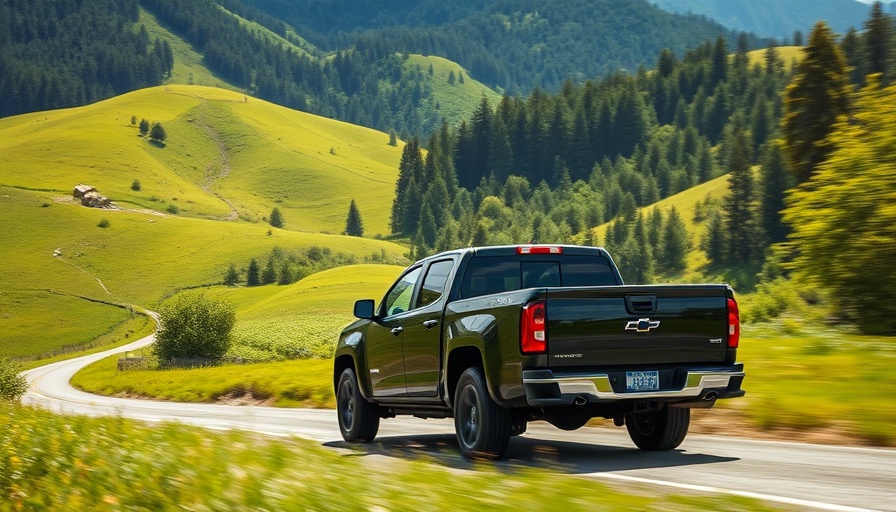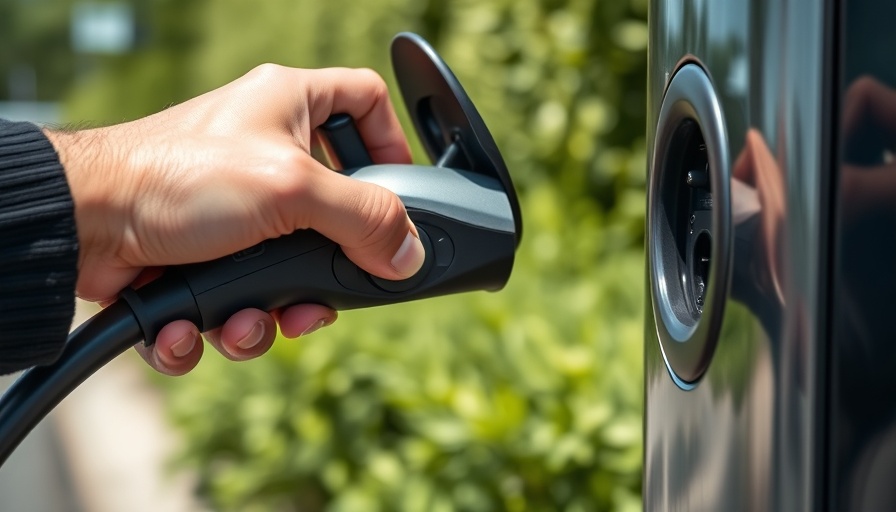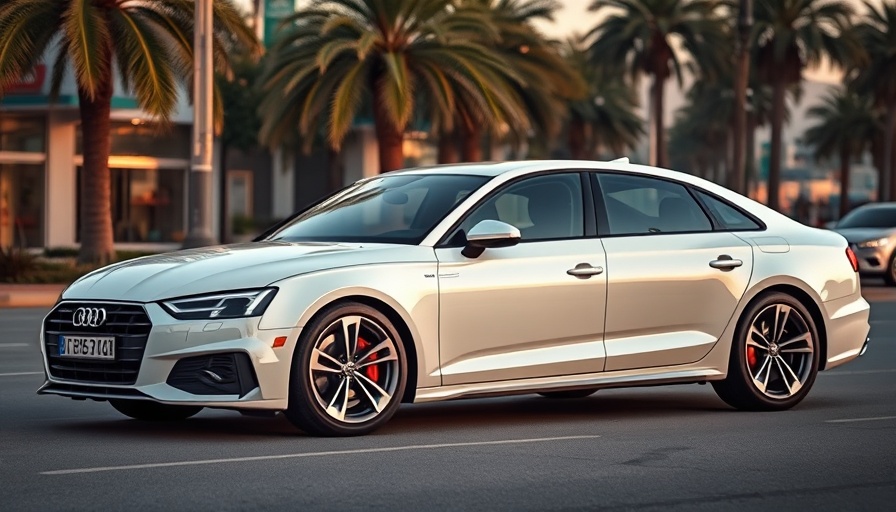
GM and Hyundai’s Partnership: A New Era in Commercial EVs
General Motors (GM) is edging towards a significant collaboration with Hyundai, as discussions have surfaced about rebranding Hyundai’s commercial electric vehicles (EVs) for the U.S. market. This potential partnership signals a strategic move in the evolving landscape of electric commercial transportation, marking Hyundai’s entry into the North American market under GM’s established brand.
Background on the Collaboration
Hyundai's Chief Financial Officer, Seung Jo Lee, indicated during a recent analyst call that both companies are considering a deal that would allow Hyundai's commercial EVs to be sold under the GM label. This reflects an ongoing partnership that was initiated with a non-binding memorandum of understanding last year. The two automakers are working to finalize binding contracts on vital collaborations, ranging from parts procurement to broader cooperation on various vehicle categories.
Hyundai's Ambitions in the U.S. Market
Hyundai already possesses a portfolio of commercial vehicle offerings in other global markets, including buses and heavy-duty trucks. Their intent to enter the U.S. market is demonstrated through a small fleet of Xcient Fuel Cell Class 8 semi-trucks they are testing in California. However, up until now, Hyundai has not marketed its commercial vehicles in North America, making this potential partnership with GM a noteworthy milestone.
Implications for Dealerships
This partnership could have significant implications for dealerships across the country. If GM re-badges Hyundai’s commercial EVs, this could expand the electric vehicle offerings available to commercial customers, particularly beneficial for those seeking reliable, zero-emission transportation solutions. Dealership principals and general managers should prepare for a potential increase in demand for electric commercial vehicles, necessitating updates to sales strategies and inventory management.
Looking Ahead: The Future of Collaboration
The strategic collaboration between GM and Hyundai showcases how collaboration in the auto industry is crucial for competitive advantage, particularly in the rapidly changing EV sector. As both companies aim to enhance their commercial vehicle offerings, the implications for the broader market could include a larger push for sustainability and innovation within the commercial transport sector.
Conclusion: A New Chapter for GM and Hyundai
The proposed collaboration between GM and Hyundai is poised to reshape the landscape of commercial EVs in the U.S. By leveraging GM’s established brand presence alongside Hyundai’s technological advancements in electric vehicles, this partnership could pave the way for increased options for consumers in the commercial market. As the auto industry continues to pivot towards electric options, stakeholders in the dealership network must remain agile and prepared for shifts in consumer needs and preferences.
 Add Row
Add Row  Add
Add 




Write A Comment